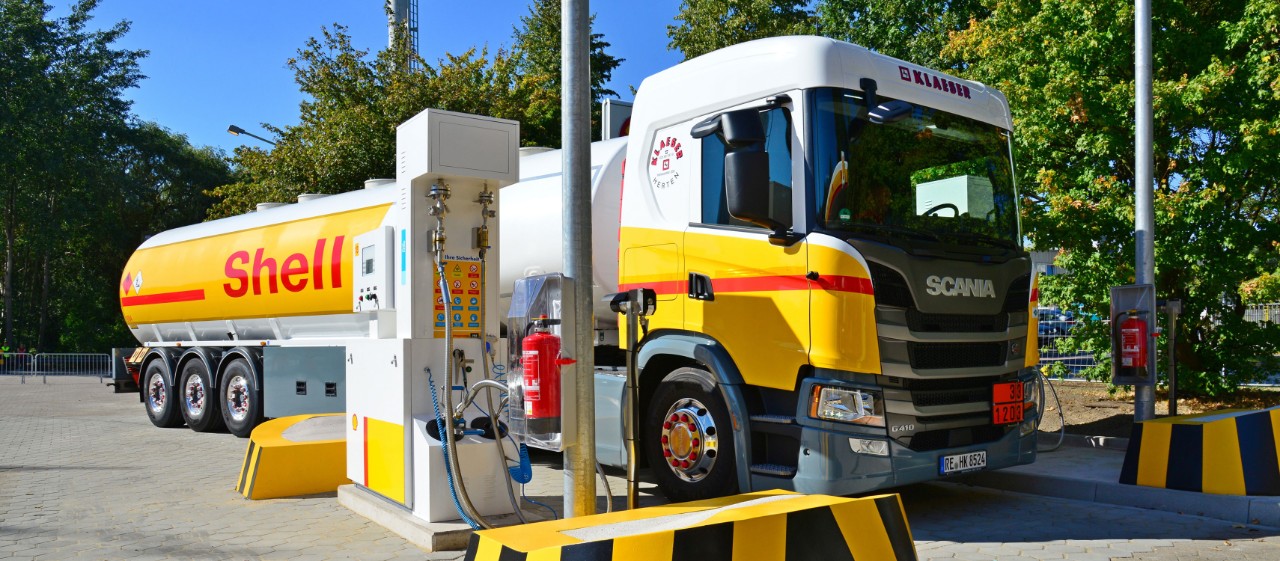
Germany exempts gas and electric trucks from national road tolls
21 NOVEMBER 2018
Gas-fuelled and electric trucks will be exempt from all MAUT road toll charges in Germany during 2019 and 2020. Additionally, some truck buyers can benefit from a subsidy of up to EUR 12,000 for LNG trucks and up to EUR 8,000 for CNG trucks.
Scania has already experienced greater interest in CNG and LNG trucks among German customers. “Significant CO2 reductions in combination with better economics drive the shift to sustainable transportation solutions,” says Christian Hottgenroth, Sales Director for Trucks at Scania Deutschland Österreich. “We welcome the toll exemption since it gives our customers an additional incentive to invest in gas vehicles.”
Gas-fuelled vehicles have so far failed to make significant inroads in the German market. One reason is that the country has been ill-served by filling stations. In fact, the country’s very first permanent public LNG filling station was only opened last month in Hamburg. In addition, there are three mobile LNG filling stations in use and the next permanent public LNG filling station will open in Berlin later this month.
There are now plans for a rapid expansion of filling stations with 10–12 facilities being established. However, these will take at least eight months before they are up and running and the MAUT exemption goes into force from January 2019.
The legislation encompasses vehicles that operate on CNG (Compressed Natural Gas), LNG (Liquefied Natural Gas) as well as battery electric vehicles. Considering distances on toll roads, the MAUT exemption will be most favourable for long-distance transport hauliers.
For heavy 5-axle Euro 6 trucks the coming MAUT rates will be raised from 13.5 eurocents per kilometre to 18.7 eurocents, which gas and electric vehicles can avoid altogether. For a long-distance truck with an annual mileage of 100,000 kilometres on toll roads, the annual savings amount to EUR 18,700 per year if the gas truck is taken into operation from January 2019. With these savings, the customer can look forward to a positive business case.